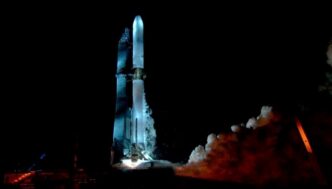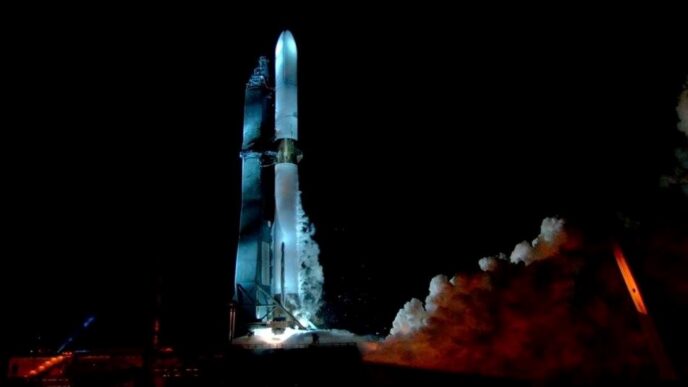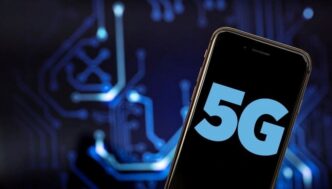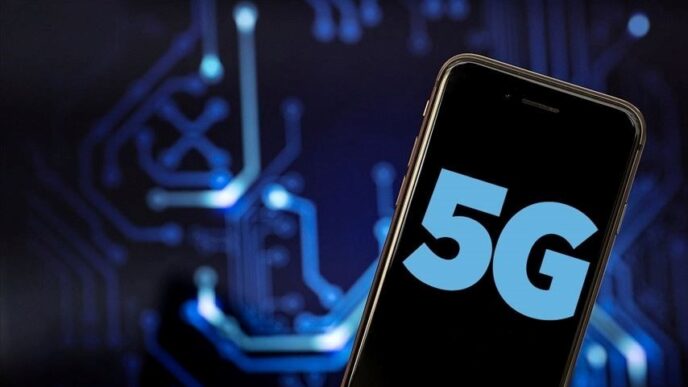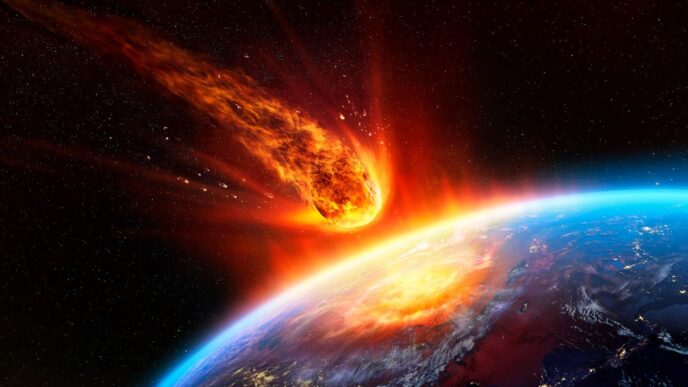Although the rapidly developing artificial intelligence technology has great potential, the concerns it brings with it are increasing day by day. Scenarios such as machines gaining consciousness and controlling people were among the fears of humanity not only today, but also in the past. A letter from a New Zealand shepherd published in a newspaper in 1863 contains one of the earliest examples of this concern. Here is what the shepherd wrote who predicted the danger of artificial intelligence 161 years ago.
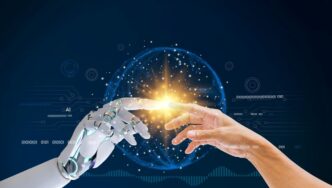

Add a comment








